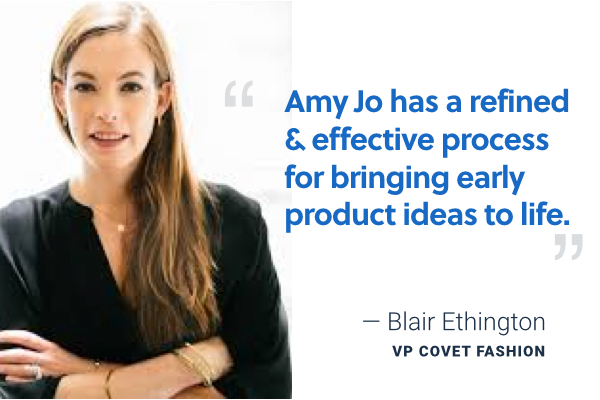CASE STUDY: Covet Fashion
Creating a hit game for non-gamers
In 2012, game startup Crowdstar wanted to make a fashion game for non-gamers. But they didn’t know how to design for this audience.
Using Game Thinking, they studied digital fashionistas & used those insights to create new cooperative mechanics. Covet Fashion became a breakthrough hit, which maintains over 2.5M MAUs 10 years after launching.

CHALLENGE
Designing a Game for Non-gamers
Social gaming startup Crowdstar wanted to build a mobile game based on real-world fashion trends. To pull this off, they needed to build something that would reach beyond gamers, into a non-gaming, Vogue-reading fashionista world.
An innovative game for a non-gaming audience
To appeal to this audience, the Crowdstar team wanted to make a co-op game – but they weren’t sure about the genre or mechanics to focus on. They needed to find out what fashionistas care about, & test their ideas quickly. And with Game Thinking – they got a framework to do just that.
SUCCESS TIP
If you’re going after a new market, double down on customer research upfront.

STRATEGY
Find and Interview Fashionistas – Then Habit-Stack
To help Covet Fashion design & test their co-op game ideas, we recruited dozens of fashionistas who were heavy smartphone users.
Learn about existing habits
We learned about their existing habits & needs, & tested our ideas with stripped-down storyboards. We discovered three common patterns which we used to create a stripped-down Alpha test of the game… and found our core co-op mechanics.
Test ideas with sketches and mockups
We ran weekly playtests, & showed fashionistas simple prototypes of our co-op ideas. Sometimes, the feedback was brutal. But the results were worth it – because those sessions helped us build a game that was FAR simpler than what we’d initially imagined.
SUCCESS TIP
Listen for patterns of behavior in your user interviews. Then use those insights to build a product they’ll love.

INSIGHT
Discovering Three Types of Players
During research, we discovered three social patterns, and built a cooperative game around key customer insights.

Fashion Browser
After a long day at work, I like to kick off my heels, flop on the couch, and dive into a world of gorgeous clothes & up-to-date fashion trends.
After a long day at work, the Fashion Browser likes to flop on the couch, kick off her heels, & escape into the beautiful, aspirational world of Vogue. She considers herself fashion-forward. & loves to stay up-to-date on the latest designer trends.

Co-Creator
My friend told me to put these shoes and belt with this outfit – I would NEVER think of that. I wish she could accessorize me all the time.
The Co-Creator likes to shop, dress, & talk fashion with a special buddy – a friend or family member who understands her taste. Co-creators want 1:1 engagement and shared resources – they like to raid each others’ closets & collaborate on outfits.

Armchair Stylist
I love to tell other people how to dress – before every party, my friends get the run-down — & they love it. I swear, I could be a stylist…
If you tell your friends how to dress better, you might be an Armchair Stylist – someone who wants to make the world a more stylish place. She has an eye for outfits & loves to help her friends create the perfect ensemble for important events.
RESULT
A Breakthrough Hit with Millions of Active Players
Today, Covet Fashion is a highly profitable evergreen hit with over 2.5M players each month creating & sharing outfits made with real designer clothes.
By connecting with the right early customers, the Covet Fashion team was able to quickly test their assumptions, uncover existing habits, & create a ground-breaking game.
And it all started when we decided to find & study a high-need, underserved audience of non-gamers.




